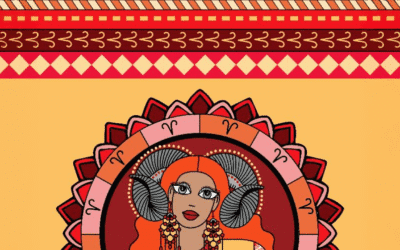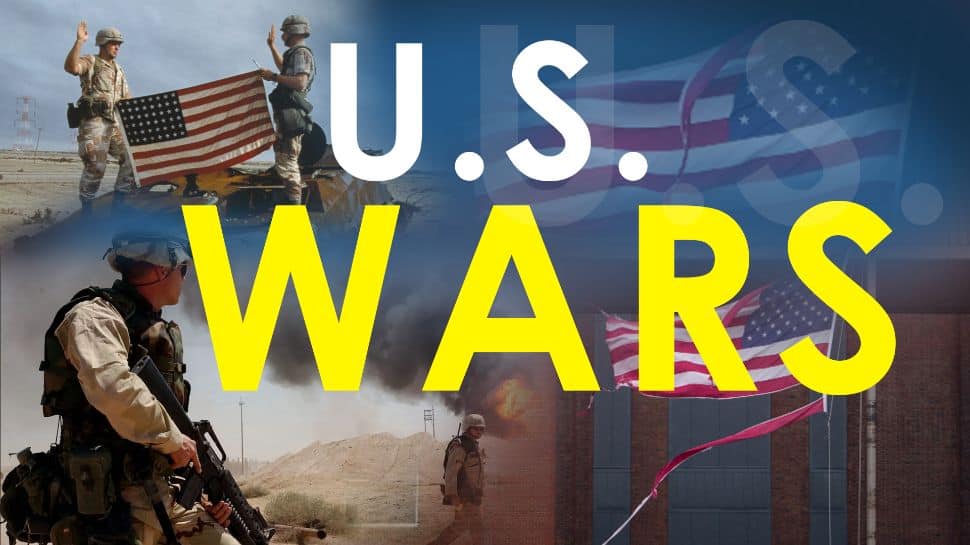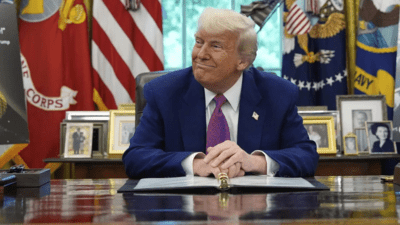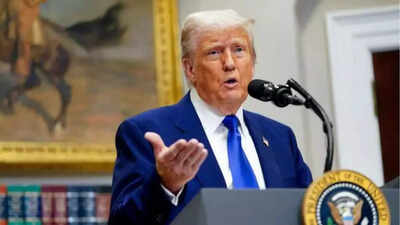PM Carney has a pragmatic approach, wants reset in India ties, says ex-envoy
Talking to The Hindu on Canada-India relations, and what to expect after the recent meeting between Mr. Carney and Prime Minister Narendra Modi, Mr. Beck noted that both countries have a complicated relationship that needs careful management. “The relationship has gone through some highs and lows. In the 1970s, the first nuclear explosion by India had used Canadian technology too, which raised concerns on our side. Then in the 1980s, the bombing of Air India aircraft Kanishka, India’s second nuclear explosion in the 1990s… There have been very positive developments, also some irritants … the Khalistani separatism is an irritant that persists. It is a very complicated one and not easy for either side to understand fully,” he said.
Mr. Beck, who has spent four decades as a Canadian diplomat in various positions, thinks the recent meeting between Mr. Carney and Mr. Modi during the G-7 summit in Canada was “a clear indication” that the relationship has turned the corner after the controversy around the 2023 killing of Hardeep Singh Nijjar, a Khalistani separatist in Canada. Mr. Trudeau had blamed India for the killing.
“Mr. Carney has a different perspective. He approaches relations with India quite positively, and he used the occasion of G-7 to put the ties on a positive track. And we need to do that, considering what is going on globally. India is a global player, and we need to figure out the best way to manage the relationship. I think PM Carney is prepared to do that,” Mr. Beck said. “There was an argument that he was inviting Mr. Modi too early to Canada. But he took the position that it was not about the Canadian PM inviting Indian PM to Canada, but about Indian PM being invited to G-7 in Canada. India is one of the biggest economies of the world, and it had to be there at G-7. He then used that opportunity for a bilateral meeting too. The message that came out from that meeting is that we need to have a reset.”
The diplomat thinks the uncertainties around the Nijjar case and likely new revelations might cause fresh tensions. “Building more trust is the key. It takes more time, mutual familiarity and interaction. Whatever happened with the Nijjar assassination, we have to deal with it. It happened, there are accusations that remain, and we have to deal with that reality. We have not got all the facts. In Canada, we will have to deal with how far do we allow people to go. From may own perspective, having a float in a parade with the glorification of the assassination of Mr. Gandhi is a step too far. These sensitivities need to be addressed. In the Nijjar case, it is allegations at the moment and there is uncertainty about what will happen now. If these allegations are established as true, we have to have a mechanism to cope with it.”
Mr. Beck is optimistic that, regardless of the Nijjar case outcome, there are several reasons for better India-Canada ties. “Canadian pension funds have a significant role in financing infrastructure in India. We have interesting technologies in AI, biotechnology, climate change and we have things to offer,” he said.
What complicates India-Canada relations?
Canada and India were both British colonies. The relationship has gone through some highs and lows. In the 1970s, the first nuclear explosion by India had used Canadian technology too, which raised concerns on our side. In the 1980s, the bombing of Air India aircraft Kanishka, India’s second nuclear explosion in the 1990s..As a whole, we have excellent people who have immigrated from India to Canada. We had a huge aid programme in India. There have been very positive developments, as well as some irritants. We managed to resolve the nuclear irritant during my tenure as High Commissioner in Delhi from 2010. But the Khalistani separatism is an irritant that persists. It is a complicated one and not easy for either side to understand fully. We are a democracy and there is freedom of speech, but the question is how far can it go.
Have the two countries turned a corner following the low stemming from Canadian allegations regarding the killing of Khaslistani separatist Hardeep Nijjar in 2023?
Definitely. The recent meeting between Prime Minister Mark Carney and Prime Minister Narendra Modi was a clear indication. Mr. Carney has a perspective different from that of his predecessor, Justin Trudeau. He approaches relations with India is quite positively, and he used the occasion of the G-7 to put the ties on positive track. And we need to do that considering what is going on globally. India is a global player and we need to figure out the best way to manage the relationship. I think PM Carney is prepared to do that.
How different from his predecessor is PM Carney?
He has a much more pragmatic approach than his predecessor to a lot of domestic and international issues. There was an argument that he was inviting Mr. Modi too early to Canada. But he took a position that it was not about the Canadian PM inviting the Indian PM to Canada, but about the Indian PM being invited to the G7 in Canada. India is one of the biggest economies of the world, and it had to be there at G-7. He then used that opportunity for a bilateral meeting too. The message that came out from that meeting is that we need to have a reset.
You think the changes in global geopolitics will have a positive impact on India-Canada ties?
We are highly reliant on the U.S. for trade. We are used to a rules-based trade order. That is clearly disturbed now. India has tremendous potential for us in several areas. We have had a very positive history of people coming from India and contributing to the talent and productivity of the country. There is a lot of positive feeling for Canada in India but there are issues to be managed.
What should both sides be careful about to avoid pitfalls? Particularly in the Nijjar case?
It is all about trust, and as High Commissioner, I know it at a personal level. Building more trust is the key. It takes more time, mutual familiarity and interaction. We need to understand and appreciate the complexity of India. On some issues, we need to be able to have a conversation. Whatever happened with the Nijjar assassination, we have to deal with it. It happened, there are accusations that remain, and we have to deal with that reality. We have not got all the facts. In Canada, we will have to deal with how far do we allow people to go. From my own perspective, having a float in a parade with the glorification of the assassination of Mr. Gandhi is a step too far. We need to understand that. These sensitivities need to be addressed, and we move forward. In Nijjar case, it is allegations at the moment and there is uncertainty about what will happen now. If these allegations are established as true, we have to have a mechanism to cope with it. Depending on what happens, it has to be managed.
Do you think the Khalistani groups wield an outsize influence in Canadian politics?
Keep Khalistan aside of a moment. We are a democracy and we are a multicultural society.. The Sikh diaspora is a large one that has influences in certain key areas. That you have to accept. They are very good organisers and to their credit, they understand the political process. Within the Sikh diaspora, what kind of influence do the Khalistanis have, within them? I hear from Sikhs that I interact with that they are a very small minority.
Regardless of what happens in the Nijjar case, you think the bilateral ties can be taken to a higher level?
My optimism is that and there are several reasons for that. Canadian pension funds have a significant role in financing infrastructure in India. We have interesting technologies in AI, biotechnology, climate change and we have things to offer. Education is another field for further cooperation.







